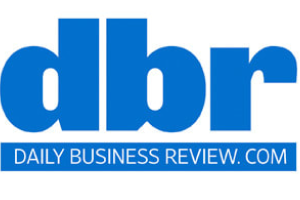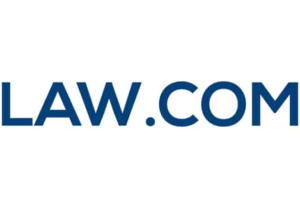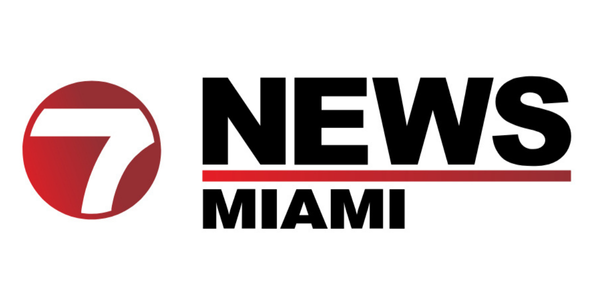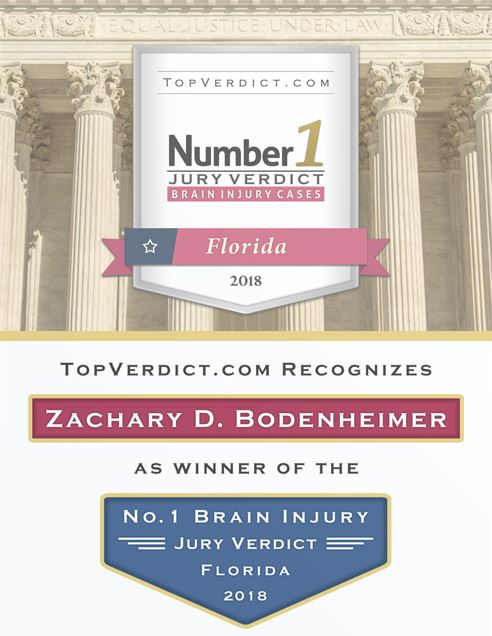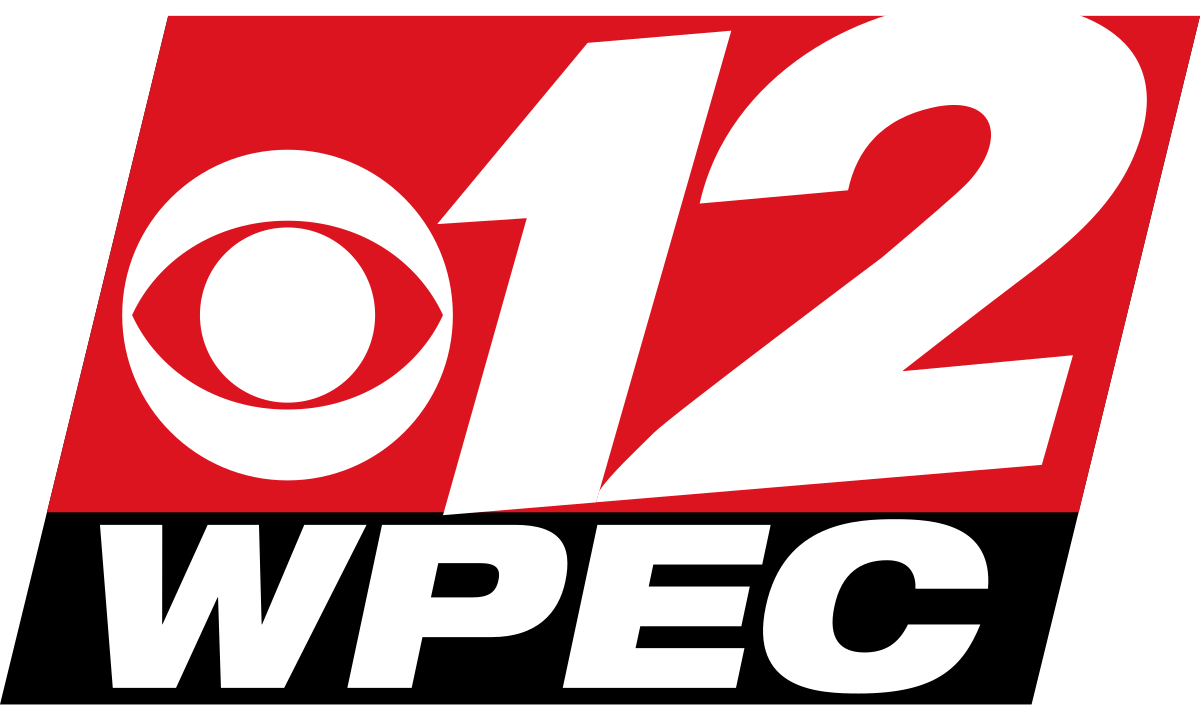- Free Consultation: 305-638-4143 Tap Here to Call Us
Tesla Found Liable in Fatal Florida Keys Crash, Ordered to Pay $242.6 Million: What This Means for Victims of Autonomous Vehicle Accidents
In a groundbreaking legal decision with national implications, a Miami federal jury has found Tesla liable for its Autopilot system’s role in a 2019 crash in the Florida Keys that killed 22-year-old Naibel Benavides Leon and left her boyfriend, Dillon Angulo, with catastrophic injuries. The jury awarded a staggering $242.6 million to the victims’ families — $200 million in punitive damages and $42.6 million in compensatory damages — marking the first time Tesla’s autonomous driving technology has been held accountable in court.
On April 25, 2019, Angulo and Benavides were parked on a dirt road near County Road 905 at the north end of Key Largo, near the entrance to the exclusive Ocean Reef Club, when their SUV was struck by a Tesla Model S driven by George McGee. Traveling at 62 mph, McGee ran a stop sign while reaching for his dropped cellphone, violently slamming into the couple’s vehicle.
Benavides was thrown 80 feet into the woods, where her body was found only after a frantic search. Angulo, now 33, suffered massive injuries including a separated jawbone and pelvis. McGee later accepted a settlement with the family and pleaded no contest to careless driving in Monroe County. But this case wasn’t just about driver negligence — it was about technology failure.
Attorneys for the victims successfully argued that Tesla’s marketing of its Autopilot system was dangerously misleading, promoting the impression that the vehicle could operate autonomously without human input. During trial, jurors heard how Tesla and Elon Musk had repeatedly described the car as “self-driving,” leading consumers to believe they could safely disengage.
While Tesla insisted the crash was the fault of McGee and pointed to user manuals instructing drivers to maintain control . Jurors found Tesla 33% at fault, while McGee, who was not part of this trial, was found 67% at fault.
This historic outcome could set legal precedent for future claims against autonomous vehicle manufacturers, especially those accused of overstating their technology’s capabilities. Tesla, which has faced scrutiny in the past over Autopilot-related accidents, has always defended the system as safe when used properly.
Yet this jury disagreed, holding the company accountable not just for the technology, but for how it markets that technology.
Tesla has announced it intends to appeal the verdict.
Legal Recourse Following an Autonomous Vehicle Crash
The recent verdict against Tesla underscores the complex legal landscape surrounding autonomous and semi-autonomous driving technologies. When individuals are injured, or tragically lose their lives, in crashes involving systems like Tesla’s Autopilot, multiple legal avenues may be available to hold the responsible parties accountable. Victims and their families may pursue the following claims:
1. Product Liability
Manufacturers of autonomous vehicles and advanced driver assistance systems (ADAS) can be held legally responsible when their technology is defective, unsafe, or misrepresented. A product liability claim may arise under several legal theories, including:
- Defective Design: If the vehicle’s autonomous features were inherently flawed in their conception, making them unreasonably dangerous even when used as intended.
- Manufacturing Defect: When a specific unit deviates from the intended design due to an error in the production process.
- Failure to Warn / Inadequate Instructions: When manufacturers do not adequately disclose risks or limitations associated with the technology.
- Deceptive or Misleading Marketing: If promotional materials or public statements create a false impression of the vehicle’s capabilities (e.g., claiming a car is “self-driving” when it still requires active human oversight).
Successful product liability claims can result in compensation for both economic and non-economic damages, including medical expenses, lost wages, and emotional distress.
2. Wrongful Death Claims
When a fatal crash occurs involving an autonomous or semi-autonomous system, surviving family members may file a wrongful death lawsuit against the vehicle manufacturer, software developer, or another liable party. These claims can seek compensation for:
- Funeral and burial costs
- Loss of financial support the deceased would have provided
- Medical expenses incurred before death
- Mental pain and suffering endured by surviving family members
- Loss of companionship, guidance, and consortium
In Florida, wrongful death claims must typically be brought by the personal representative of the deceased’s estate, on behalf of eligible survivors as defined under Florida Statutes §768.16–768.26.
3. Punitive Damages
Beyond compensatory damages, courts may also award punitive damages when the defendant’s conduct is found to be especially egregious—such as acting with gross negligence, willful disregard for safety, or engaging in deceptive marketing practices. The recent $200 million punitive damages award in the Tesla case serves as a powerful example of how juries may respond to evidence of corporate misconduct.
Punitive damages are not designed to compensate the victim but to punish the wrongdoer and deter similar behavior in the future.
How a Personal Injury Lawyer Can Help
These cases are technically complex and often involve going head-to-head with billion-dollar corporations. At Flanagan & Bodenheimer Injury and Wrongful Death Law Firm, we specialize in high-stakes litigation against powerful defendants, including automakers and insurance companies.
If you or someone you love has been hurt in a crash involving a Tesla or other vehicle with autonomous technology, we can:
- Investigate the cause of the accident
- Work with vehicle experts and engineers
- Analyze data logs and black box evidence
- Take your case to trial if necessary
If you or someone you love has been injured in a crash involving an autonomous or semi-autonomous vehicle, contact us today at 305-638-4143 to explore your legal options.








